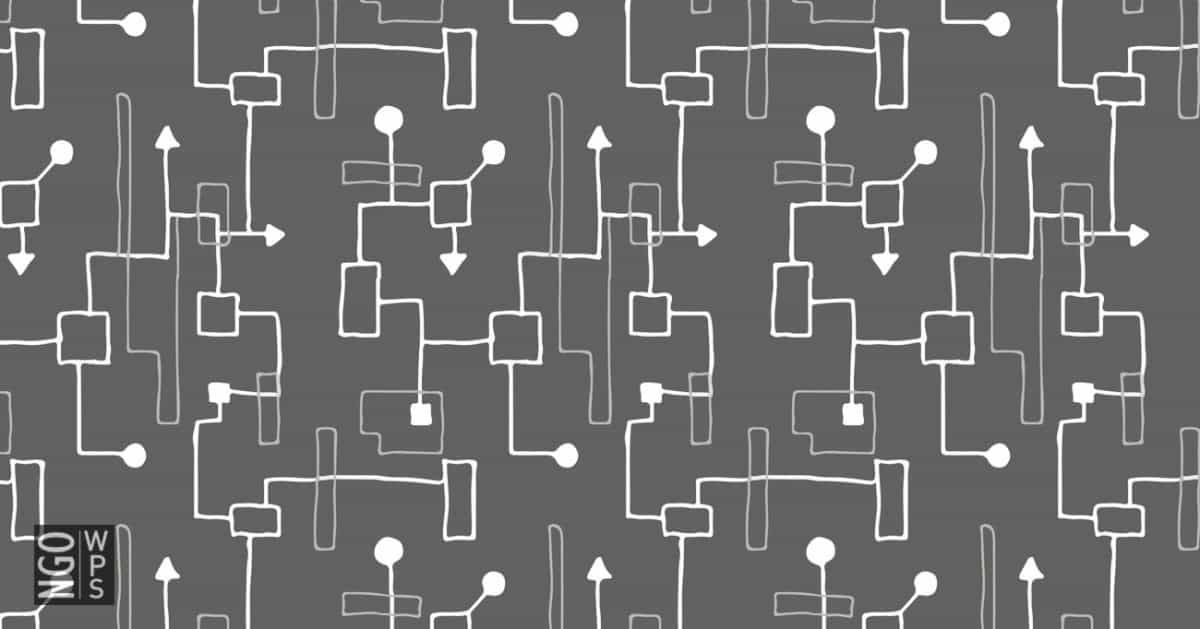Burundi
Burundi
August 2015 marked the 15th anniversary of the Arusha Peace and Reconciliation Agreement, which ended thirteen years of ethnic-based civil war in Burundi between the Tutsi minority and Hutu majority.
Recently, the security situation has deteriorated as the result of disagreement over President Pierre Nkurunziza’s bid for a third term, resulting in violent demonstrations, excessive force against protesters, an attempted coup, and arrests of civil rights leaders. Women have been active in the political unrest, and staged the first major protest against the president’s third term bid. However, violence against women operates in a culture of impunity, with women experiencing rape, torture, and enslavement.
Based on the work of NGOWG members and their partners, the NGOWG advocates for full implementation of the government gender quota of 30%, and equal and meaningful women’s participation in designing and implementing human rights protection mechanisms.
Current and Past Recommendations to the UN Security Council (Monthly Action Points)
The situation in Burundi continues to be characterized by extrajudicial killings, assassinations, arbitrary arrest and detention, enforced disappearances, torture and ill treatment, attacks by armed individuals and persistent allegations of sexual and gender-based violence. OCHA estimates that one tenth of the population has been confronted by physical or psychological threats, intimidation or other abuses since April 2015. Against a backdrop of seeming unwillingness of the government of Burundi to embark on a process of genuinely inclusive dialogue, immediate measures need to be taken to enhance the protection of civilians and decrease human rights abuses.
SCR 2279 (2016) opens the way for a police option that should be primarily aimed at the urgent need to protect the Burundian population. Any international police component should be independent and have the necessary means to deploy in places where the protection needs are greatest based on weekly assessments made by the police component in coordination with OHCHR, AU observers and other key actors. The component should be robust and comprised of women and men who are trained in both international human rights and humanitarian law and have gender expertise, including on how to respond when there are allegations of sexual and gender-based violence, including sexual exploitation and abuse. Further, it is essential that they should be able to liaise with the population, including women, in a safe and respectful manner, as well as with the UN political team, OHCHR, the African Union human rights observers, ICRC and other relevant humanitarian and protection actors.
Further, as the Security Council continues to monitor and discuss the human rights situation, as part of the broader crisis, the Council should call for the creation of an independent, international commission of inquiry to establish the truth about the grave abuses in Burundi in the past year and support the efforts of the UN Special Rapporteurs. As has been reported by leading international human rights organizations, the findings of the Burundian commission of inquiry into allegations of extrajudicial executions by members of the security forces on 11 December 2015, in the capital, Bujumbura, are misleading and biased. An international commission with expertise in criminal and forensic investigations would conduct in-depth inquiries to establish individual responsibility for the most serious crimes. It would probe deeper into these crimes, complementing the work of UN and African Union human rights observers in Burundi, as well as the Human Rights Council’s initiatives.
The situation in Burundi continues to be characterized by extrajudicial killings, assassinations, arbitrary arrest and detention, enforced disappearances, torture and ill treatment, attacks by armed individuals and persistent allegations of sexual and gender-based violence. OCHA estimates that one tenth of the population has been confronted by physical or psychological threats, intimidation or other abuses since April 2015. Against a backdrop of seeming unwillingness of the government of Burundi to embark on a process of genuinely inclusive dialogue, immediate measures need to be taken to enhance the protection of civilians and decrease human rights abuses.
SCR 2279 (2016) opens the way for a police option that should be primarily aimed at the urgent need to protect the Burundian population. Any international police component should be independent and have the necessary means to deploy in places where the protection needs are greatest based on weekly assessments made by the police component in coordination with OHCHR, AU observers and other key actors. The component should be robust and comprised of women and men who are trained in both international human rights and humanitarian law and have gender expertise, including on how to respond when there are allegations of sexual and gender-based violence, including sexual exploitation and abuse. Further, it is essential that they should be able to liaise with the population, including women, in a safe and respectful manner, as well as with the UN political team, OHCHR, the African Union human rights observers, ICRC and other relevant humanitarian and protection actors.
Further, as the Security Council continues to monitor and discuss the human rights situation, as part of the broader crisis, the Council should call for the creation of an independent, international commission of inquiry to establish the truth about the grave abuses in Burundi in the past year and support the efforts of the UN Special Rapporteurs. As has been reported by leading international human rights organizations, the findings of the Burundian commission of inquiry into allegations of extrajudicial executions by members of the security forces on 11 December 2015, in the capital, Bujumbura, are misleading and biased. An international commission with expertise in criminal and forensic investigations would conduct in-depth inquiries to establish individual responsibility for the most serious crimes. It would probe deeper into these crimes, complementing the work of UN and African Union human rights observers in Burundi, as well as the Human Rights Council’s initiatives.
Relevant Resources







